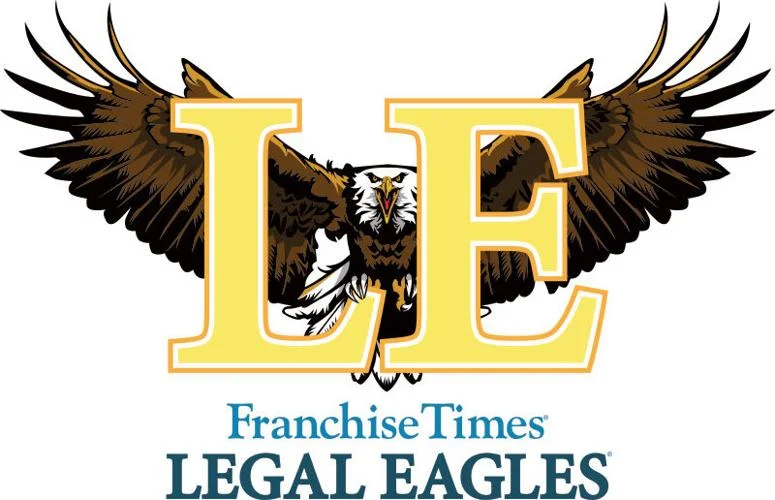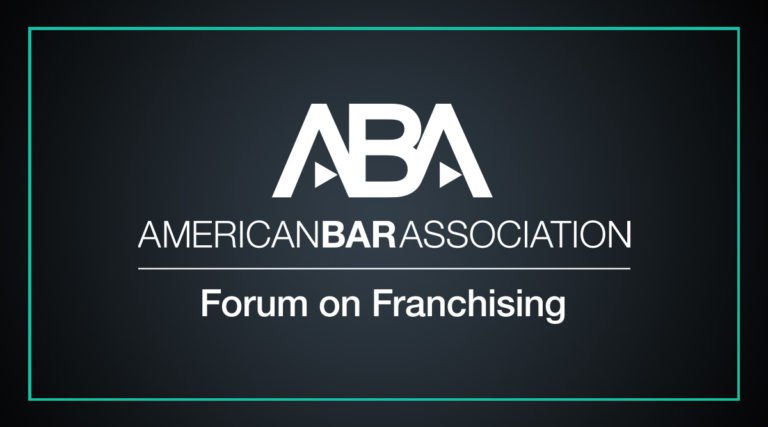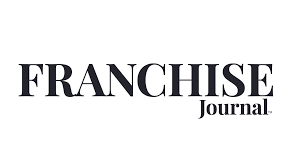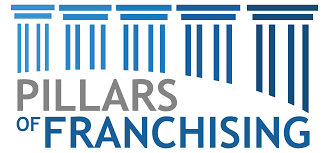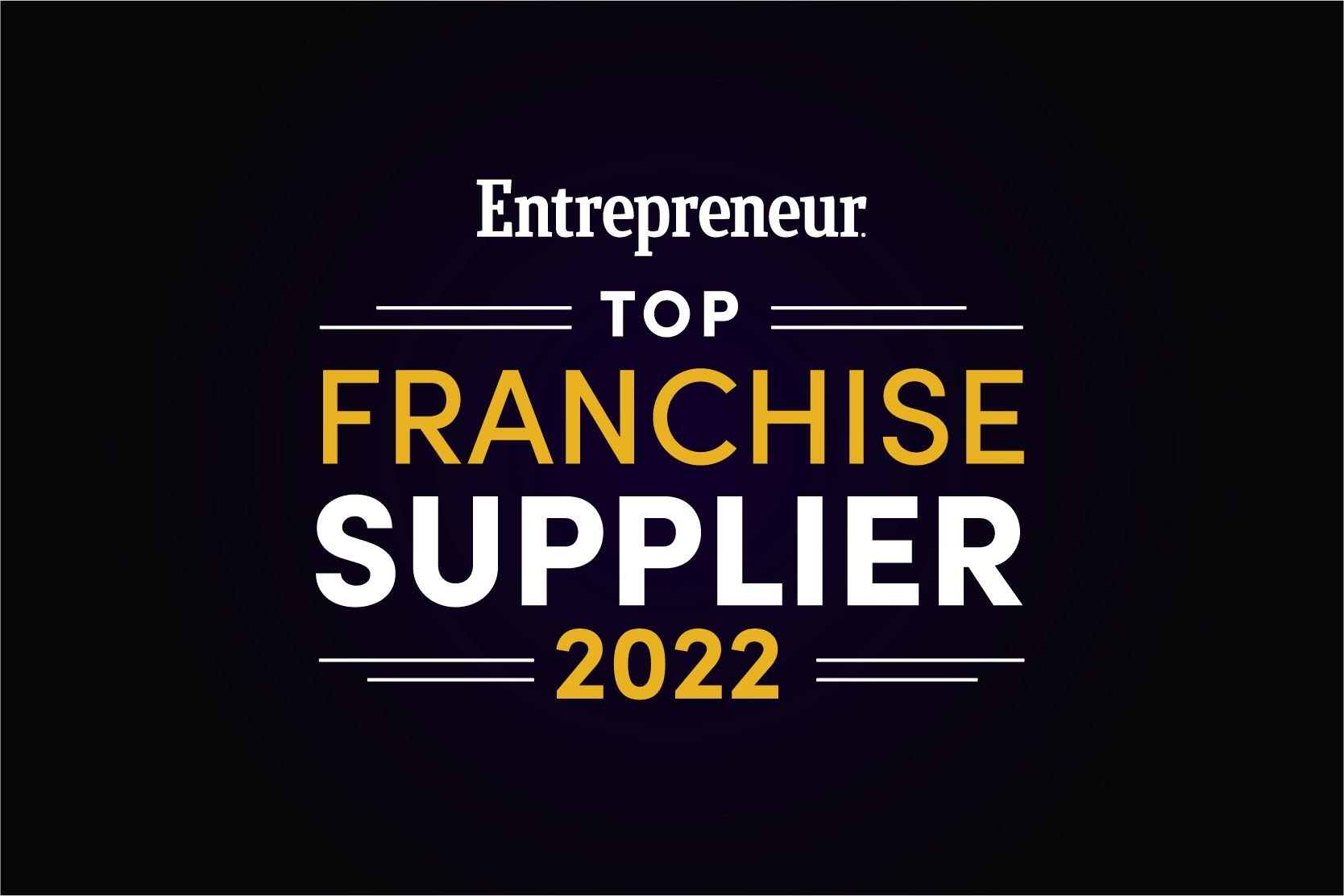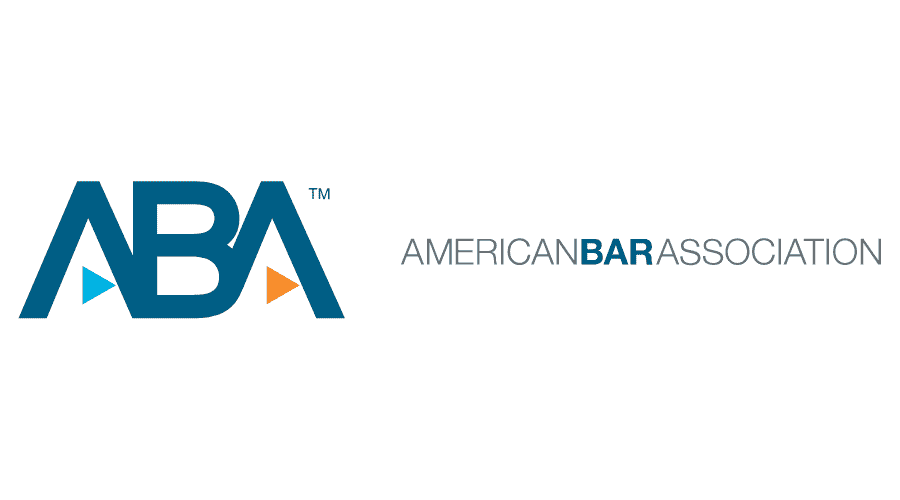Who Owns “Taco Tuesday?” An Examination of Generic Trademarks
In today's culinary landscape, catchy phrases and slogans are often used to promote businesses and attract customers. One such phrase is "Taco Tuesday," a registered trademark at the United States Patent and Trademark Office ("USPTO"). Last week, Taco Bell asked the USPTO to cancel the two registered trademarks for "TACO TUESDAY" on the grounds the marks have become generic.
Who Owns “Taco Tuesday?”
The trademarks "TACO TUESDAY" are owned by two different companies. Gregory's Restaurant & Bar, holds the rights for their use exclusively in its home state of New Jersey. Likewise, Taco John's, a Wyoming-based taco restaurant, has the nationwide rights to use the mark, except in New Jersey.
Both companies have extensive history of using "TACO TUESDAY." Gregory's began using "Taco Tuesday" in 1979 and has owned a federal trademark for the term since 1995. In turn, Taco John's has owned its "Taco Tuesday" trademark registration since 1989.
But if both companies have been using "TACO TUESDAY" for decades, how can Taco Bell cancel those registrations? Taco Bell is arguing the marks have become generic.
What Are Generic Trademarks?
Generic terms are words or phrases commonly used to describe the goods or services provided. These terms lack distinctiveness and are considered part of the common language. Generic terms cannot be exclusively owned as trademarks because doing so would grant a monopoly on everyday language and unfairly restrict competition. This is why Dunkin Donuts cannot own the word "donuts."
Taco Bell argues that "TACO TUESDAY" has become generic in promoting taco restaurants. In trademark law, this is called genercide.
What is Genericide?
Genericide is the process by which a word or phrase becomes so widely used for similar products, services, or advertisements that the mark is no longer associated with the trademark holder. Victims of genericide include cellophane, escalator, thermos, and trampoline.
The ultimate question in a genericide determination is whether the consuming public associate"TACO TUESDAY" with Taco Johns and Gregory's Restaurant & Bar, respectively. If so, then the mark is still valid. However, the mark has become generic if consumers only understand that TACO TUESDAY is connected with taco restaurants with no connection to either registrant.
At this point, it is too early to say whether Taco Bell will succeed. From this author's perspective, I was unfamiliar with TACO TUESDAY's reference to a particular source. In turn, there is a serious question of whether either registrant has been actively enforcing its rights. One thing is clear, Taco Bell will need hard evidence in the form of consumer surveys to support its argument. Mere conjecture will not be enough.
If you need assistance with franchising and intellectual property matters, our team at Charter Law is here to help. For more information on how to build your brand, call Charter Law at (888) 644-1997 or email us at Info@CharterDifference.com.
By: Gage Meyers



